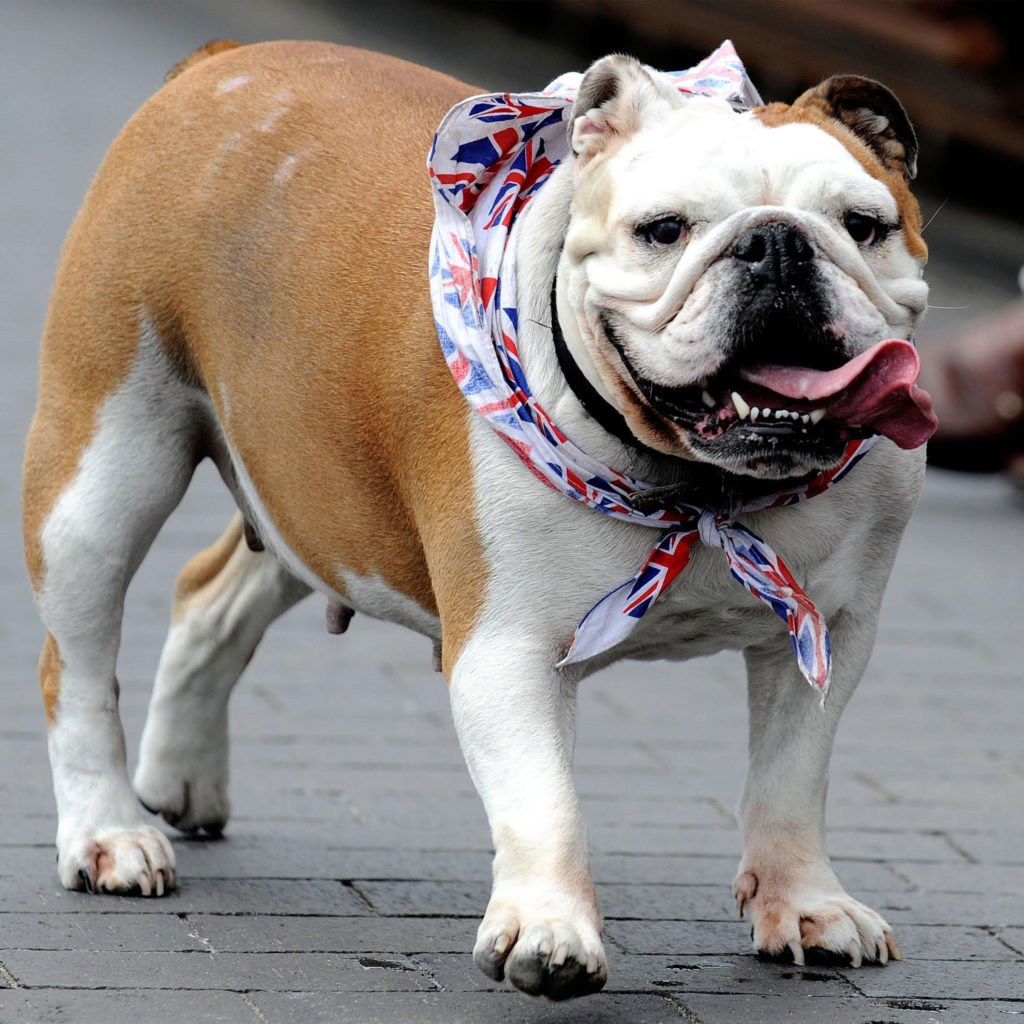

APRIL 2017. Over 100 people attended this lively session, hosted by the Association Leadership Academy in cooperation with the Federation of International Associations in Belgium.
- Brexit is an opportunity for associations to reshape how you do business.
- Complex organisations include natural alliances across Member States. Extend your coalitions to spread across other business sectors.
- Do not hesitate to approach politicians and engage in politics on Brexit. It is an emotional and political issue but politicians need business advice.
- Seek to present solutions that work for both the UK and the EU – you are the best people to develop these solutions, not civil servants.
- Adapt your governance structures to support negotiations from the perspective of a wide coalition. Map out and plan how to talk with your key stakeholders in order to evolve a viable solution for all members.
- Brush up on consensus building and negotiation skills – you will need them!
Setting the scene: Dr Rachel Barlow.
The audience was reminded that at the close of the last Brexit session of the Academy in October, associations were urged to regroup and monitor developments together, sharing relevant information on national positioning. Leaders were advised to hold regular conference calls and measure the impact of withdrawal on all regulatory files. Together, they should identify threats but also see Brexit developments as an opportunity to address existing gaps and uncertainties.
Since then, the trigger has been pulled and the letter delivered. In her letter of 29th March, the UK Prime Minster insisted on the desire for a “deep and special partnership” but she also referred to a link between economic partnership and continuing security cooperation.
On 31st March, the Council issued draft guidelines to be adopted by a European Council of 27 Member States on 29th April. The guidelines state that:
- There will be no cherry picking on the four freedoms;
- There will be no sector by sector approach to the negotiations;
- No individual or separate negotiations by Member States with the UK, and;
- “Nothing is agreed until everything is agreed”.
The Council also underlined the principle of “sincere cooperation” which states that “until final withdrawal, all ongoing EU business must continue to proceed as smoothly as possible at 28 (Member States)”.
At the last plenary session of early April, the European Parliament adopted a resolution laying down the key principles and conditions for its approval of the withdrawal agreement. MEPs stressed the importance of securing equal and fair treatment for EU citizens living in the UK and British citizens living in the EU as a priority. It agreed that all financial obligations must be met on the part of the UK and that there should be no trade-off between security and the EU-UK future economic relationship.
Most importantly timing wise, and indeed realistically, the resolution states that only when “substantial progress” has been made in talks about the UK’s leaving, can discussions begin on possible transitional arrangements. These must not last longer than three years, while an agreement on a future relationship can only be concluded once the UK has left the EU.
So, a lot of progress has been made on setting out the intended timetable and indeed, the main principles and conditions of the talks to follow. There are still however the French presidential elections and maybe more importantly, the German elections to follow. Moreover, Theresa May had just announced a snap election for June 8th!
Does this neat timetable mean the end of uncertainty for business? Probably not; the difference in expectations between Brussels and London is still striking. And this means continued uncertainty for businesses. So, trying to anticipate possible outcomes of the talks;
- How should association leaders prepare for possible transitional arrangements?
- Which conduits, platforms and actors will associations choose to promote the interests of their respective business sectors? And,
- Nearing the date of actual withdrawal, how will EU associations deal with negotiations with their UK members?
 Glenn Vaughan
Glenn Vaughan
Chief Executive of the British Chamber of Commerce in Belgium pointed out that Mrs May had spoken of “consequences” of the Brexit decision, thereby preparing the British public for the negotiation results. There is a sense of wanting to avoid the cliff edge and therefore an acceptance of possible transitional measures.
Regarding the British Chamber of Commerce position, members had not seen any reason to modify their stance which focuses on achieving the least disruption, with the best arrangements possible and the closest possible to the current situation. Glenn clarified that this also entails preventing unnecessary damage and creating a seamless business environment for frictionless trading.
He underlined the absolute need for an agreement on transitional arrangements as soon as possible and informed attendees that businesses were already making decisions to minimize disruption.
Concerning practical issues of priority, Glenn mentioned trade and customs arrangements, labour markets and regulatory frameworks. He said that business representatives in the UK were now focused on finding solutions and were optimistic.
 Adrian Harris
Adrian Harris
Director General of Orgalime said that the first thing he did on arriving at the office on 24th June 2016 was to check his association statutes. Fortunately, the wording referred to members of “European countries” and not “EU Members” thereby allowing the UK members to remain in the organisation. He had noticed that his UK members had become more active since the Referendum and that all members were seeking to maintain a form of status quo. Indeed, the most important aspect for business has always been the single market.
As a second step post-Referendum, Adrian has invited his members to write to him about their priorities. He said that he received several political statements referring to the need to maintain the EU and preserve the single market as much as possible. He then opened a LinkedIn discussion group which has so far been used mainly by the British members. Are the others keeping their cards close to their chests?
He summarised the core areas to be monitored:
- British politicians were waking up to the fact that trade with Australia is no substitute to that with continental Europe. What about market access, quotas and the WTO?
- Concerning the single market; EU product legislation, its enforcement and standardisation requirements will be a focus for discussion.
- The Climate and Energy commitments made by EU members included those made by the UK, but might no longer apply to the UK, even though we all benefit from them.
- Skilled staff to deal with all issues are in short supply on both sides and there is a brain drain to and from Europe, including on innovation and R&D.
Adrian advised association leaders to continue gathering information and talking to other business sectors. He urged them to provide data on an ongoing basis to negotiators and seek to provide both the EU and UK perspectives of their business. Finally, he pointed to the need for consensus building skills and keeping the membership from being too confrontational.
 Mark Watts
Mark Watts
Co-ordinator of UK Transport in Europe (UKTiE) said that we must be optimistic! This is indeed a challenge but people will still want to buy goods and services from the UK and the EU. He said that business will continue so business must shape the outcome.
He urged leaders to engage in politics without being partisan. Brexit is a symptom not a disease. The Netherlands and France also face challenging political situations. He described a three-point plan for business associations:
- Status quo is not possible, so identify and spell out the new EU-UK relationship that is good for you and your members.
- Seek to influence the negotiations by speaking to the politicians across the EU that will decide Brexit, to ensure the views of business shape the new business framework, not just civil servants or officials. Associations should use their strength as natural alliances to influence the outcome, based on evidence and facts, and be willing to enter into new strategic alliances. None of us can do this on our own.
- Push for a transitional arrangement. We all need more time and we must ask for it at the very beginning of the negotiations.
So, what does that mean in practice? Mark urged association leaders to identify pan-EU challenges and opportunities, and pan-European solutions. Not just what the UK wants, but what the EU and the UK need. An example is the prospect of the UK leaving the Customs Union. This could be catastrophic for transport, but also the entire European supply chain and many businesses. So, business representatives need to find a practical solution that respects the wishes of the politicians (regarding tariffs and rules of origin checks) but keeps trade flowing. Trade associations will have a key role to play in designing a system that works and brokering a compromise. “If we don’t do it, no one else will”.
Q&A
The speakers then commented on the announcement of Theresa May to call UK general elections in June. Would this change the negotiation stance of the EU Institutions? All three speakers thought not. However, Mark Watts noted that Mrs May is likely to win the elections by a large majority and that this would strengthen her mandate from Westminster. A more confident UK government was more likely to anticipate and accept transitional arrangements which would have to include continued jurisdiction of the European Court of Justice until the final withdrawal from the EU.
A representative of the EU wine sector informed the audience that they were developing a proposal for a new legal framework due to anticipated competition from third countries in Latin America. The UK is a massive importer and distributor of European wines. A representative from the dairy sector also mentioned a hike of 40% tariffs on some goods.
Another question focused the discussion on Ireland. All three speakers agreed that there was political consensus in both the UK and the EU Institutions to solve the matter of Northern Ireland as a priority. The prospect of a hard border with the Republic of Ireland would have a divisive effect on communities that were beginning to live alongside each other. A representative from the Feed sector stated that Belfast, in Northern Ireland, owned the only deep sea port that could be used for this form of transport. Importing into the EU was becoming a real logistical challenge. Mark Watts added that without a special agreement for the aviation sector, the planes would stop flying at the end of March 2019.


